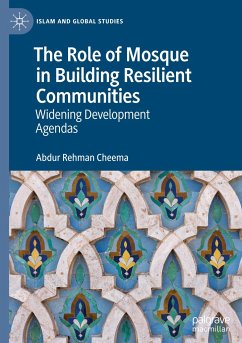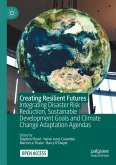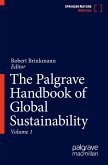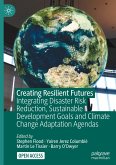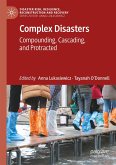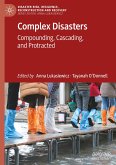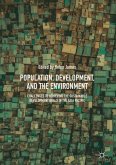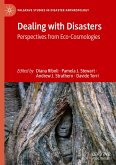This book is about the role of the mosque in the aftermath of the 2005 earthquake in Pakistan. Disasters give rise to a situation where people from different parts of the world, quite unfamiliar with each other, come into contact to save lives, provide necessities such as food and shelter, rebuild homes and enable community recovery. During these challenging times, community-based religious institutions such as churches, mosques and temples are a practical choice for reaching people living nearby to fulfil their needs. The book shows the contributions of the mosque as a physical, spiritual and social place for improving the knowledge and practice of disaster risk reduction and management including the COVID-19 pandemic. It also illuminates the widening role of religion in development. The book reinforces the case for broader engagement with all community-based religious institutions. The book is of interest to academics in diverse fields including development studies, disaster studies, sociology, anthropology, religion, Asian studies, emergency and disaster management. It will also of interest to the professional staff of disaster management authorities, public sector, bilateral and multilateral aid allocation and implementing agencies and those of humanitarian organizations.
Bitte wählen Sie Ihr Anliegen aus.
Rechnungen
Retourenschein anfordern
Bestellstatus
Storno

